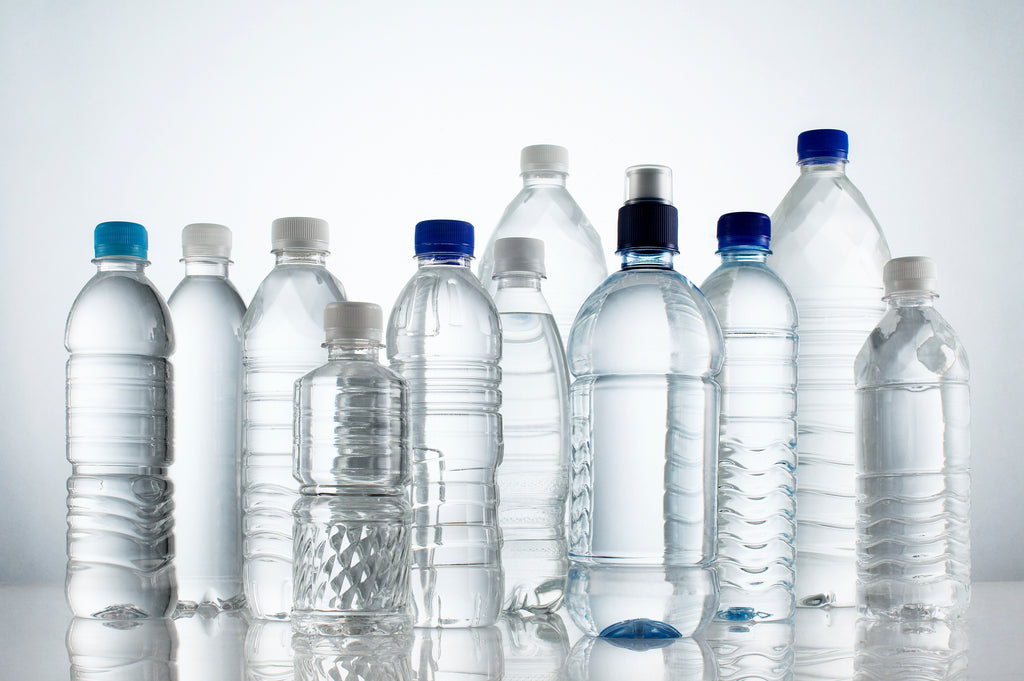Image from www.scoopwhoop.com
In May 2019 180+ countries signed an agreement to restrict the trade of plastic…..the US did not sign. Nonetheless, the USA will still be impacted significantly since there will be almost nowhere for them to export their plastic waste.
Plastic was invented in the late 19th century and really started taking off in the 1950s. In fact, plastic usage increased so much since then that we now have 9.2 billion tons of it to deal with. 6.3 billion tons of this plastic has never even gone to a recycling bin
In 2018 alone, the USA sent plastic waste in over 150,000 shipping containers to foreign countries. This amounts to 457 containers of plastic waste per day! Containers that the plastic is exported in are large, at 20’ long! One of the most appalling aspects of this process is that the exported plastics are considered ‘recycled’ since they are being sent for processing elsewhere, which isn’t true. The ‘processing’ tends to be unsafe burning of plastic and/or dumping in the ocean.
Despite seemingly widespread recycling centers, only 9% of plastic has ever been recycled. In addition to sending it to developing countries, the disposal of plastic waste includes burning, dumping and landfilling.
The world's oceans now contain 100 million tons of plastic. With the current production and waste of plastic, by 2050 there will be more plastic in the oceans than fish. In order to prevent this statistic, the most important thing it to curtail plastic production all together. Hopefully this will happen in part as a result of having countries actually deal with the plastic they’ve produced in their own country. Many support take back programs whereby manufacturers of plastic will be responsible for disposing of it safely. With substantial restrictions on plastic production, alternative products will be developed and used more often. The last component of the reduction of plastic is the increase in awareness of the plastic waste crisis.
The good news, and hope for fish, is that since 2012 there has been a very significant reduction in plastics exported from the USA. China has been leading the way in refusing plastic imports. Many countries have followed suit and led to the widespread ban agreement signed by 180 countries at the 2019 UN Convention in Geneva. Even the the USA did not sign, the country will be impacted since almost all of the countries currently taking plastics from the USA are now banning that process.
There is also good news in that the USA has already greatly reduced the amount of plastic overall that it exports. This trend must be expedited in order to protect the environment. By the spring of 2017, the US sent 250,000 tons of plastic to China. In the Spring of 2019, they’ve sent almost ZERO to China! There is more good news in that during that same time period, the amount of plastic waste that the US exported reduced significantly from 750,000 tons to 375,000 tons.
Much of recycling regulation in the USA is done at the local level. Many US communities have taken on their own more stringent policies surrounding plastic waste. Over 300 municipalities in the USA have banned plastic bags, joining the 32 countries who have plastic bag bans countrywide. Hawaii and California are frontrunners in plastic waste reduction as both have statewide plastic bag bans. In April of 2019, New York became the third state to implement the plastic bag ban. Progressive states and counties are not only banning plastic, buy straws, styrofoam, and to-go meal containers.
If you live in a state or community that does not yet have a ban, you can still impact the reduction of plastic bags, and plastic in general, by refusing usage. Currently Americans and other Northern European countries, consume an average of 220 pounds of plastic each year. Below are 10 simple ways to reduce your plastic intake:
- Skip the gum, which is made of synthetic rubber...i.e. plastic
- Buy less frozen food, which is always in plastic packaging
- Bring your own thermos to the coffee shop
- Use reusable bags including grocery, product purchases, sandwich bags
- Say no to buying and/or using plastic straws
- Stop buying water, fruit and soda in plastic bottles
- When shopping choose non-plastic toys, cups, containers, furniture
- Don’t use/take or buy plasticware
- Buy food in bulk to reduce packaging
- Use a toothbrush made of natural materials



Leave a comment